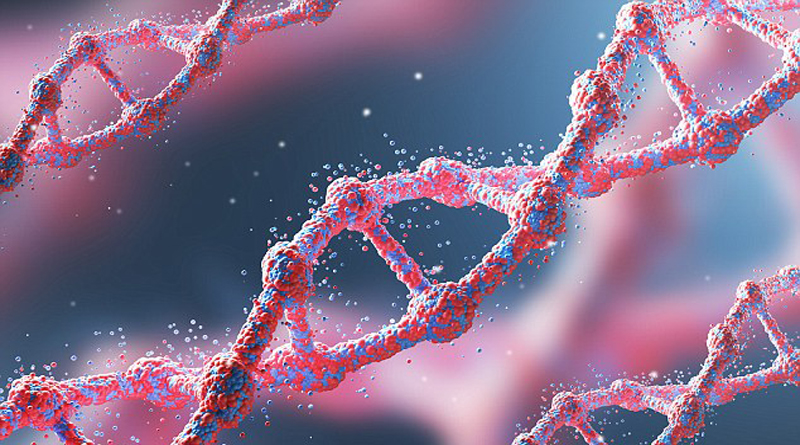Early humans had to rapidly adapt to a changing diet when they left Africa
Two genes involved in the digestion of fat were key to our global expansion
The genes have helped humans thrive in harsh environments such as Greenland
Scientists say Europeans may still be evolving to adjust to a grain-based die
When our ancestors moved out of Africa 85,000 years ago, they were forced to eat foods they had never encountered before.
Researchers have now pinpointed the genes that helped primitive humans adapt to eating new animals and plants as they conquered the world.
Variants of the genes, which are involved in the digestion of fat, were key to helping humans thrive in extreme environments.
And a new analysis of the genes suggests that Europeans may still be adapting to an agricultural-based diet.
The genes, known as FADS1 and FADS2, are enzymes involved in the digestion of fatty acids.
Professor Rasmus Nielsen, from the University of California, Berkeley, told MailOnline that the genes could have helped our ancestors adopt a more mobile lifestyle.
‘The authors who originally observed the pattern in Africa suggested that it could be caused by a switch away from a diet linked to marine sources and rich in animal fat, to alternative diets that allowed humans higher mobility, and could therefore be linked to the expansion of anatomically modern humans inside Africa around 60,000 to 80,000 years ago.
‘The FADS genes seem to have been frequent targets of natural selection throughout human history as our diet has been changing as a consequence of new hunting or agricultural practices’, said Professor Nielsen.
As early humans moved into new environments, strong natural selection acted upon the FADS genes, according to the researchers.
Source: Daily Mail UK









